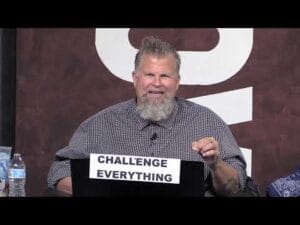
Dismantled and Replaced
Shawn McCraney advocates Christian Anarchism, emphasizing liberty, individualism, and skepticism of power. He promotes personal faith, autonomy, and dismantling ecclesiastical authority.

Shawn McCraney advocates Christian Anarchism, emphasizing liberty, individualism, and skepticism of power. He promotes personal faith, autonomy, and dismantling ecclesiastical authority.

Shawn teaches that God evaluates individuals based on free will and personal choices, removing external factors during judgment, focusing on intrinsic decisions and accountability.

Shawn predicts a narrow Trump win, highlights voting reforms, advocates for state rights, open dialogue, and optimism in politics, emphasizing faith and respect.
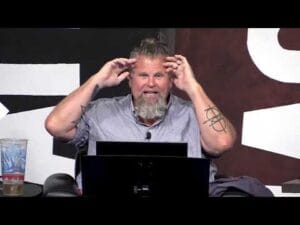
Shawn McCraney advocates Christian Anarchy, critiquing religious authority and promoting individual liberty, personal faith, and non-hierarchical worship, free from institutional control.
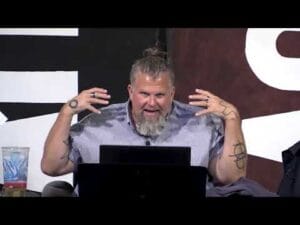
Shawn McCraney teaches that the afterlife reflects true desires, emphasizing free will and personal responsibility. True believers seek a deep, eternal relationship with God.

Shawn stresses church-state separation, urging Christians to vote by conscience, not religious mandates. Open dialogue and respect for diverse views are key, avoiding political manipulation.
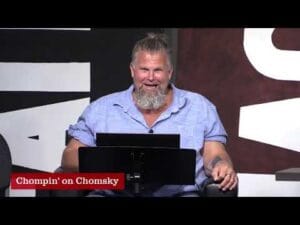
Shawn McCraney emphasizes prayer's role in divine intervention, explores Christian anarchism, critiques state-led capitalism, and advocates for justified authority and equitable systems.
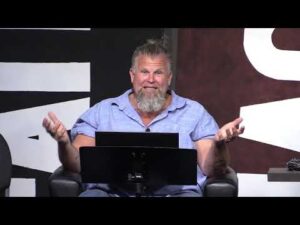
Shawn McCraney emphasizes God's supremacy and eternal nature, contrasting it with humans' evolving state. True devotion requires humility and recognizing God's superiority.
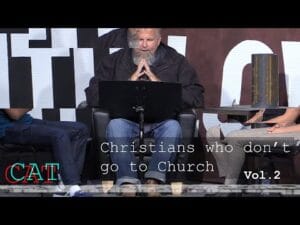
The teaching highlights the tension between personal faith and church attendance, emphasizing genuine community and spirituality beyond traditional structures and rituals.
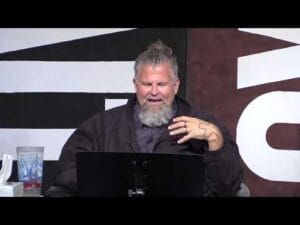
Shawn McCraney critiques the Trinity doctrine, arguing biblical passages were altered to support it. He highlights discrepancies in baptism practices, focusing on Jesus' authority.
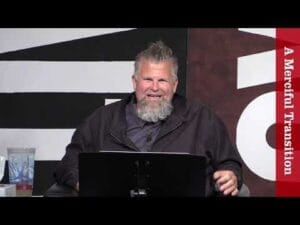
Shawn McCraney views death as a birth into the afterlife, where biases persist temporarily. God is gentle, guiding individuals to truth at their own pace, aligning with 1 Timothy 4:10.

Christianity centers on accepting Jesus as Savior, living His teachings, and personal faith beyond church. Church aids growth but isn't essential; focus on love, not legalism.
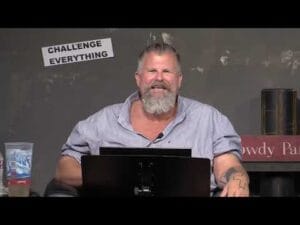
Shawn uses pizza's cultural impact to illustrate religious diversity, urging acceptance of varied beliefs. Faith is likened to unconditional love, essential for spiritual fulfillment.
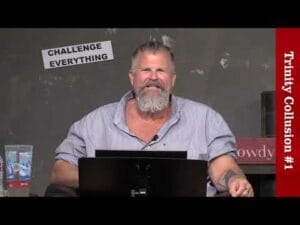
Shawn critiques traditional Trinity views, arguing translations like 1 Timothy 3:16 were altered to support Trinitarianism, suggesting original texts don't equate Jesus with God.

Christianarchy podcast explores diverse Christian perspectives, focusing on youth issues and personal faith over rituals, challenging traditional views and stereotypes.

Heart of the Matter shifts to pre-recorded episodes, focusing on ministry efforts. God's love is unconditional; afterlife reflects earthly beliefs. Justice and mercy prevail.
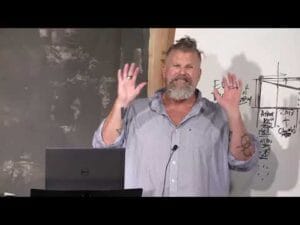
Shawn McCraney's journey shows that embracing inclusive Christian doctrines and love over dogma can lead to rejection by Evangelicals, paralleling Jesus' experience.
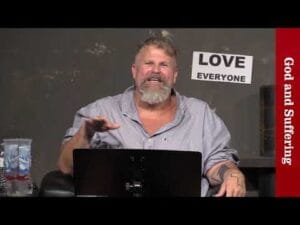
Suffering is universal, raising questions about God's nature. Shawn teaches that love and free will are key, emphasizing agape love beyond religious dogma.
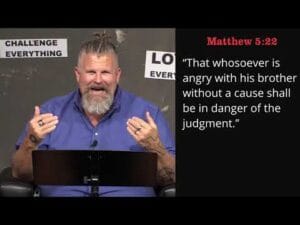
Shawn McCraney teaches the power of words, linking them to life or harm, and stresses mindful speech. He equates negative emotions with destructive actions, urging introspection and kindness.
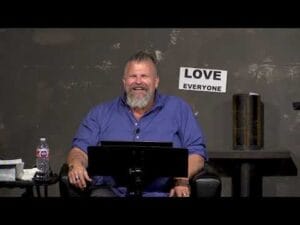
Shawn McCraney guides ex-Mormons to Christian freedom, critiques Trinitarianism, asserting Yeshua as unified God, challenging distinct personhood in the Godhead.